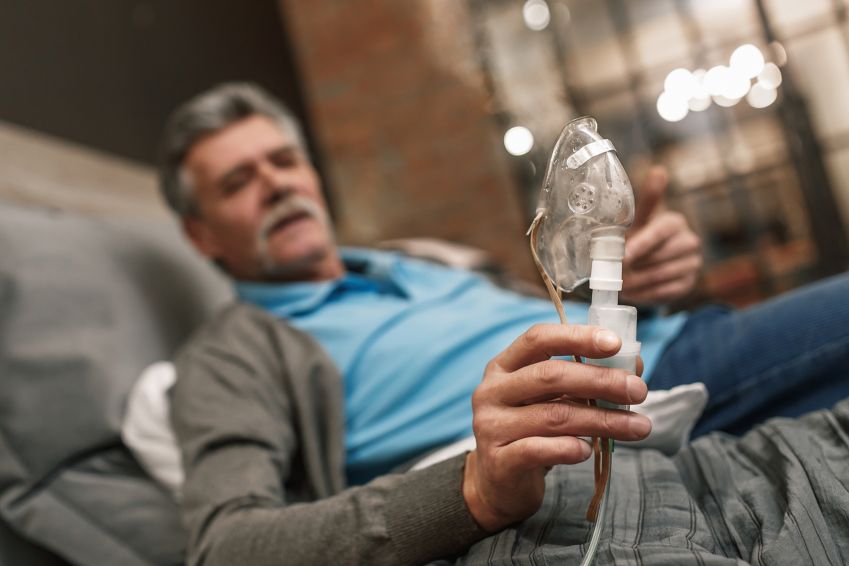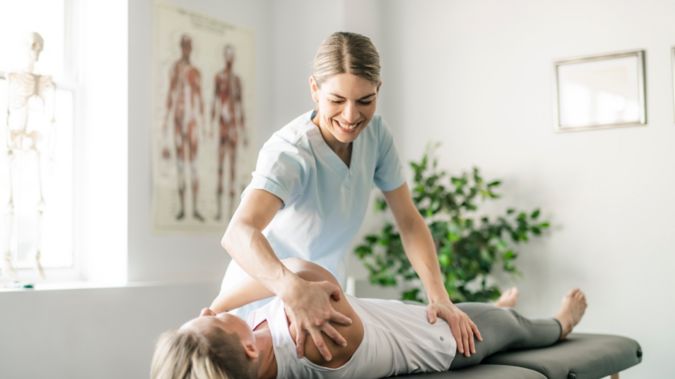Yes. Original Medicare Part B (medical insurance), which pays for durable medical equipment (DME), helps cover some of the costs of sleep apnea machines if:
- Your doctor diagnoses you with OSA after a sleep study opens in new window
- Your doctor and device provider participate in the Medicare program
- You’re up-to-date in paying your Part B premiums
- You’ve met your annual Part B deductible
Once you’ve met your annual Part B deductible, Original Medicare helps pay up to 80% of the Original Medicare-approved amount for covered equipment.
Does Original Medicare cover CPAP supplies?
Yes. Original Medicare helps pay 80% of the cost of the following equipment after you’ve met your Part B deductible:
- CPAP machine rental for a 3-month trial if you’re newly diagnosed
- CPAP rental for 13 months if you’ve been using it consistently (after 13 months, you’ll own the CPAP machine)
- Masks or nose pieces you wear when using the machine
- Tubing to connect the mask or nose piece to the machine
Original Medicare has certain rules for replacing CPAP machine supplies. Contact your doctor or device supplier for more information.
Note: Part B also helps pay up to 80% of the costs of your sleep study if you have clinical signs and symptoms of sleep apnea. Costs covered include Type I, II, III, and IV sleep studies and devices.
Learn more about Medicare
For more helpful information on Medicare, check out these 10 frequently asked questions about Medicare plans .



